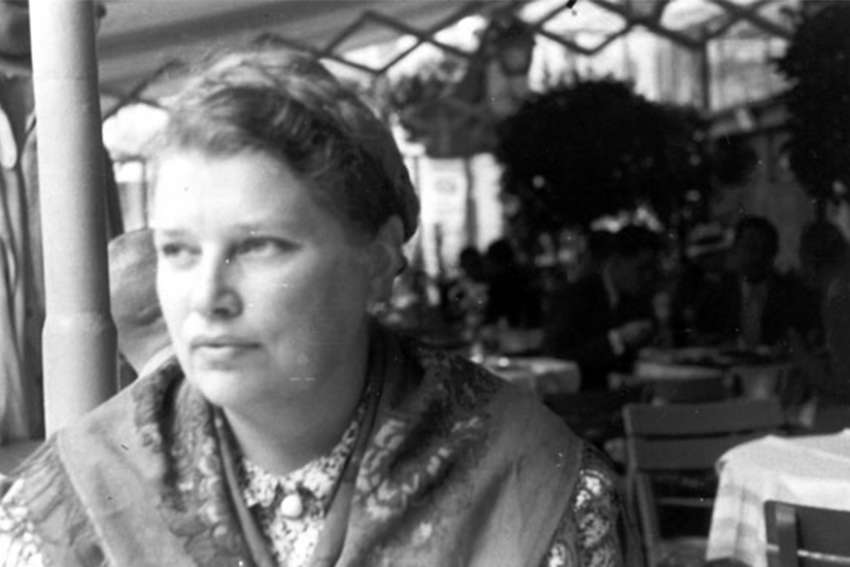There is a point at which someone may realize that the faith they have grown up in is the faith of their parents; they haven’t truly taken it on as their own. Or maybe some have, but the complexities and confusions of life leave them wondering how their faith fits in with the surrounding world.
It’s times like these where doubts in faith can often arise. Often I’ve heard we have to shut those doubts down and keep trudging through. But what if there is a different solution when facing uncertainty?
On a recent visit to Madonna House for Catholic Christian disciples in Combermere, Ont., I heard many stories about foundress Catherine Doherty (1896-1985). This remarkable woman was an incredible witness to faith, inspiring many in her lifetime to strive for sainthood. Yet, despite this, Doherty’s journey of faith was not easy.
“There are very few people living who haven’t doubted the existence of God,” says Doherty in her book, In the Furnace of Doubts. “I must confess, I did.”
It is comforting to hear that such a holy woman struggled with believing in her faith and God. So, what did she do? Did she bury her uncertainties deep down where she couldn’t hear them? No, she saw those worries as an opportunity to dive deeper into her faith.
“To have doubts really brings one closer to God, for He expected and expects to be doubted,” Doherty continues. “It is good for us to go into a chapel, or any place, and face our doubts one by one, and realize that the road of doubts is the road to perdition.”
Feeding doubts instead of facing them, Doherty describes, does not help, but leaves the doubter in more pain and confusion. Instead, we should see this as an invitation to ask why those fears are there in the first place, and then start searching for answers.
Where can these answers be found? Luckily, the popes have written hundreds of letters and encyclicals to explain the faith and its teachings. And the saints and holy people who lived ordinary lives like us have left behind thousands of writings that can help gain a wider perspective on what it truly means to live life as a Christian.
The truth is, even Christ knew most would find His teachings were challenging and, indeed, many would walk away from Him because of it.
Should this make us despair? No, it should give us hope. Christ understands the difficulty of living a life of faith. Yet He is always there, never compromising the truth, leaving His hands open so we can continue to walk with Him.
The arrival of doubt is important because it sparks the questions: What is my faith and who is God?
The truth is, it is good to ask these questions. At this point, one realizes there are two options: dispassionately walk the faith of their parents, or dig deeper for the search for answers and a personal relationship with God.
(French is a third-year student at Our Lady Seat of Wisdom College in Barry’s Bay, Ont.)


